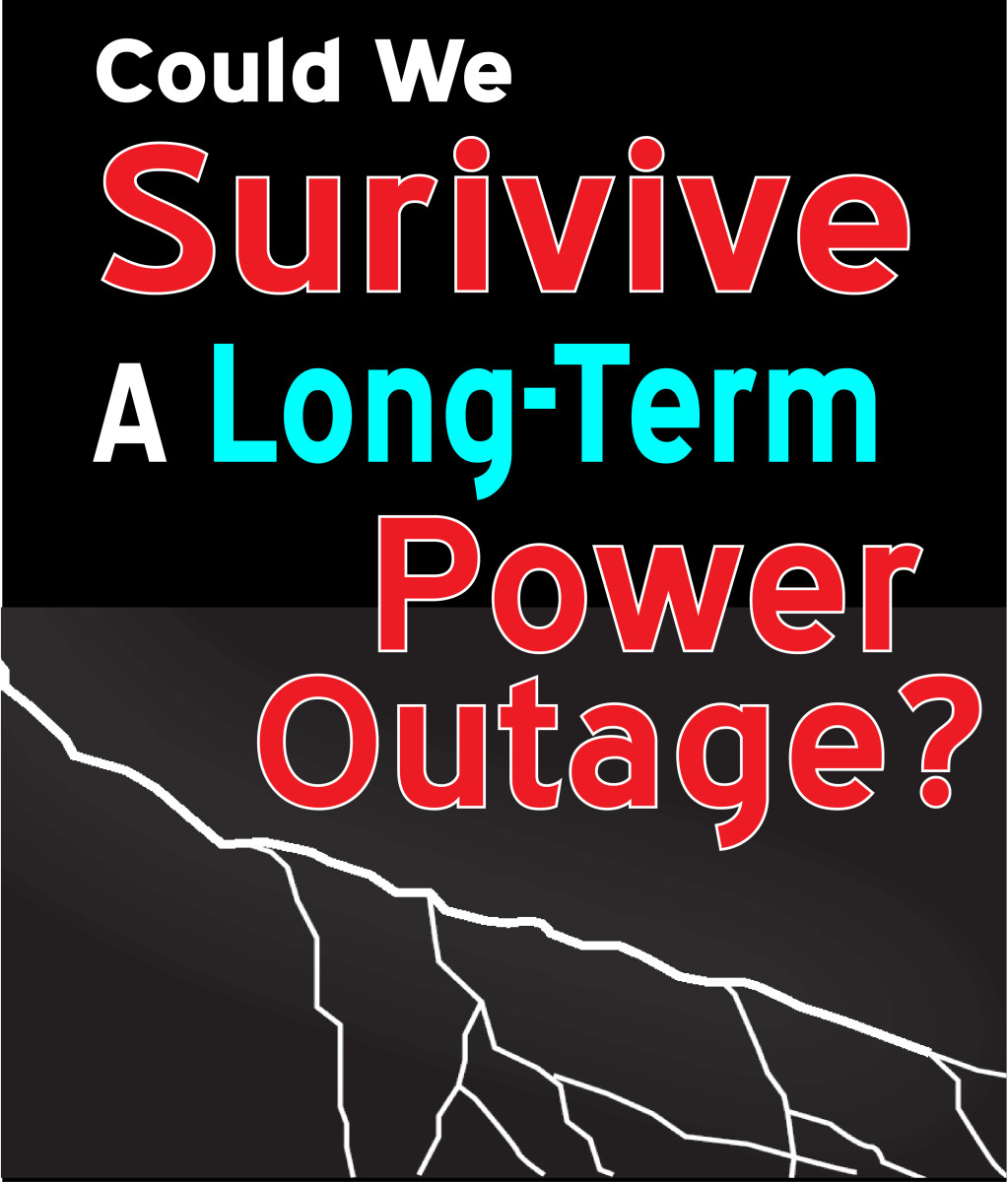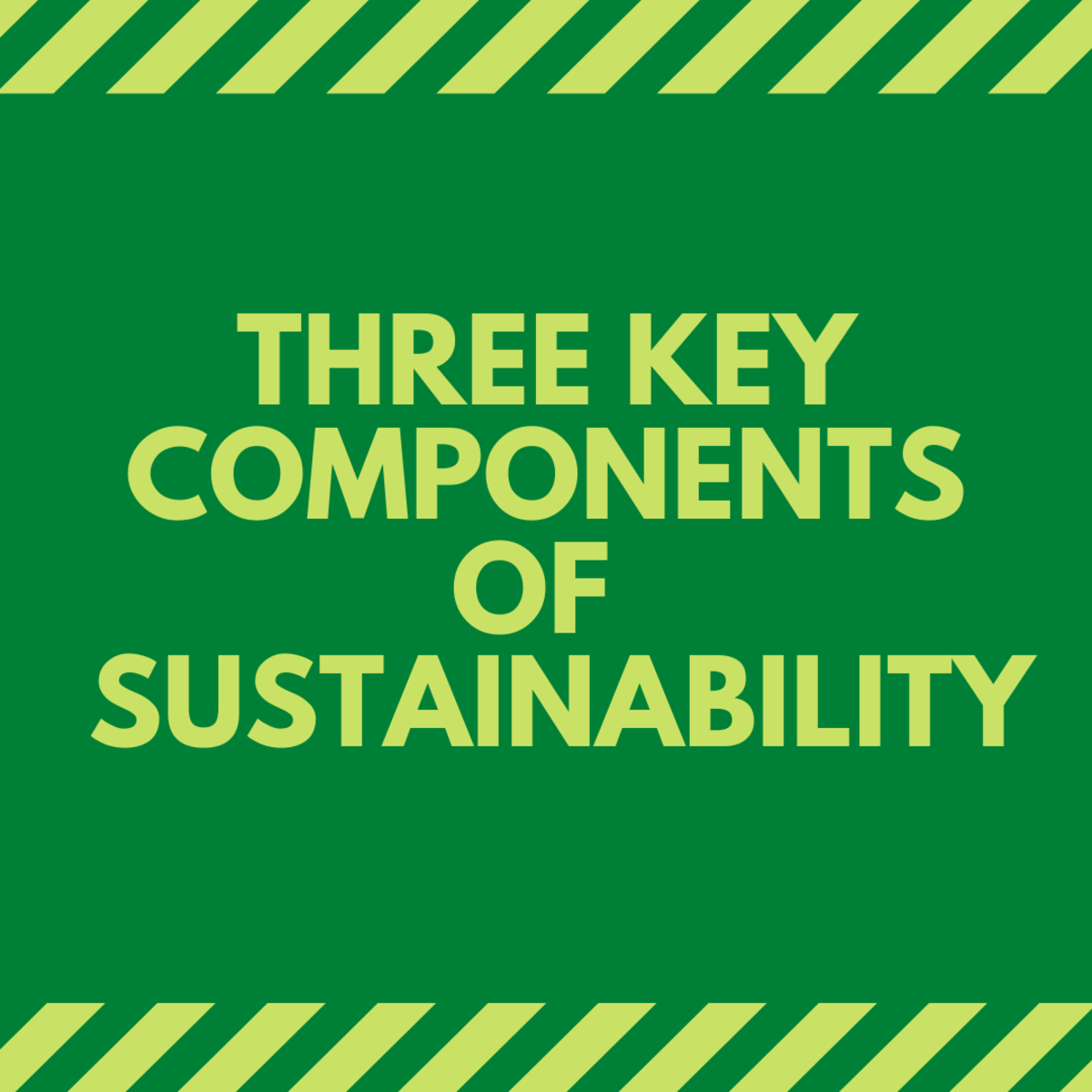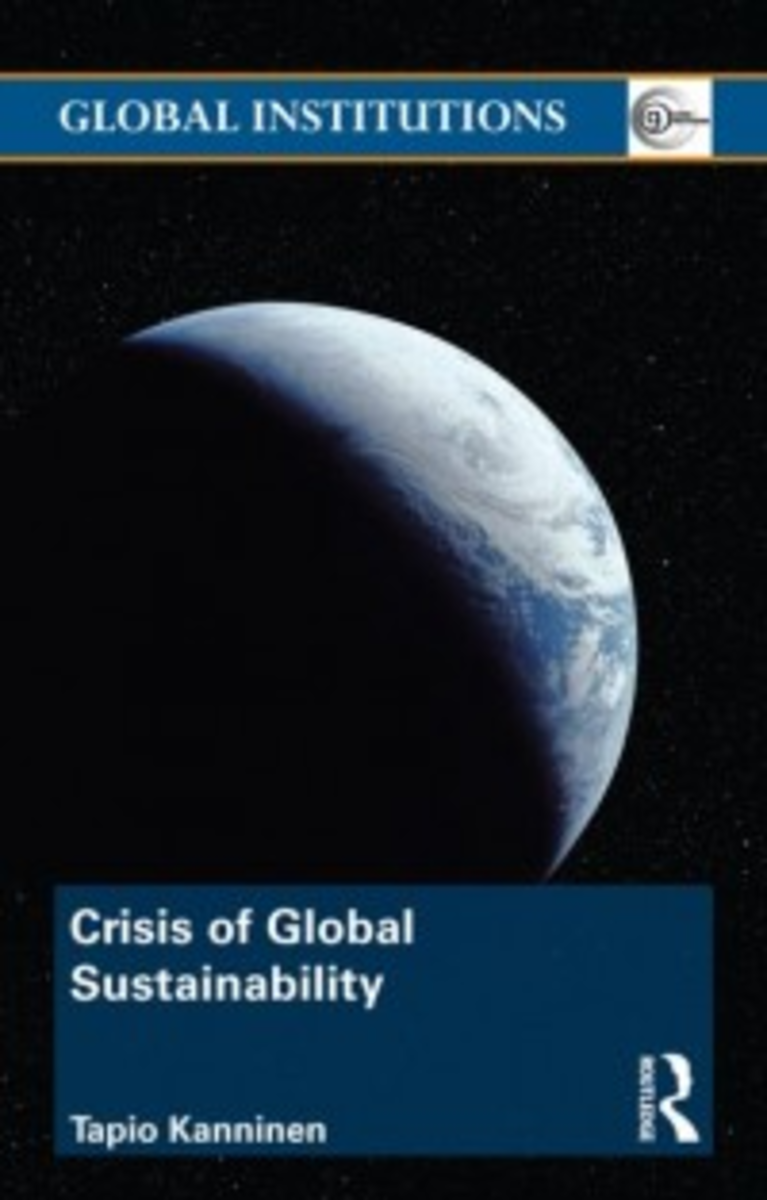Mindfulness: linking Buddhist practise with saving the planet.
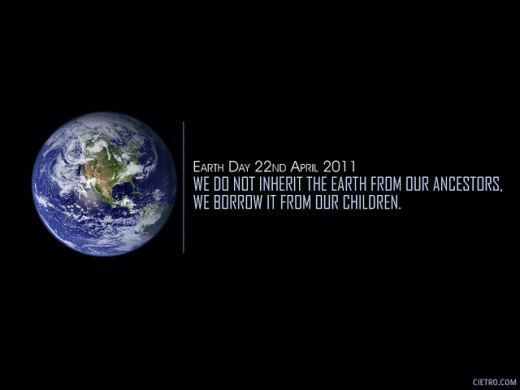
What is mindfulness?
The concept of mindfulness as a Buddhist principle for awareness has been around for at least 2,600 years.
In simple terms it means being present, being aware of yourself and your immediate surroundings rather than being away with the fairies of your thoughts.
Every action, even such things as mundane as doing the housework, can be done mindfully. It is simply disciplining yourself to be totally absorbed in what you are doing without allowing your mind to wander.
Try it sometime. It has an uncanny ability to still the mind and produce serenity.
'Right' or 'correct' mindfulness is one of the central pillars of Buddhist practice and, enhanced by the use of meditation, is said to lead to enlightenment.
Today, our Westernised society is increasingly using this valuable discipline as a treatment for improving both mental and physical health but could it be taken a step further?
Could it be used not just for the mental health of people but also for the health of the planet? Could mindfulness lead to enlightenment with regard to saving the precious resources of our threatened planet?


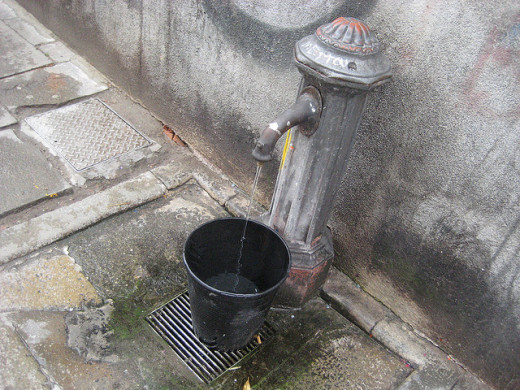
The use of mindfulness in water usage.
So, how could we try and save the planet through mindfulness? We could start with water.
The shower has certainly been invaluable in improving our use of water. Most of us know that having a shower is much less wasteful of water than bathing but even this is still abused.
Despite warnings, even in rainy Britain, we are still using too much water. The 20 minute shower, the accurately named ‘Hollywood' as it is dubbed by water restricted sailors in submarines, is still the norm for many people.
Using water in such a profligate way might be cured by metering all water supplies without exception. It would be appalling to think that if water were ever to be rationed we might have to return to the primitive days of carting our water from springs and standpipes.
It is important to be constantly mindful of how we use water, of how much water we really need to use. If we squander this fluctuating resource now, our children and grandchildren will have to pay a much heavier price and solve the problems we leave behind.
Conserving water is a lesson we need to teach our young people early on. Although many are aware of environmental issues, they are less mindful when it comes to putting them into practise, probably because they do not have to pay the water bills.
Older people are usually better at conserving if only from a fear of debt but they often tend to think of ecological sustainability as someone else's problem which is hardly a generous note on which to leave the world.
Both viewpoints are extremely self centred, casually destructive and, pretty obviously, far from mindful.
Do we really need to be so clean?
The other issue with water is the washing of clothes. There are people who wash their clothes after only one wearing, and they often have several changes of clothing a day, especially if there are teenage girls in the household.
It is extremely likely that a great proportion of these clothes are clean but the washing machine still goes on at least once a day.
Knowing that even the fastest cycle is usually just under an hour long, it is not hard to imagine how much water and electricity these households use. We don't hand wash our clothes for that length of time so why should it take so long in a washing machine even allowing for heating the water?
The reason some of us wash clothes so much is that we just don't think, we are not mentally present. We allow our children to drop a once-used bath towel or a teeshirt worn for perhaps only a couple of hours in the laundry basket and we bundle everything up and stuff it in the washer because that's what we always do.
We have become automated. We are not mindful of what we are doing, we are not mindful of its long-term consequences.
Luckily this may become less of an issue now that a new washing machine with a 12 minute cycle has recently been invented. These will no doubt save substantial amounts of both electricity and water.
Even so, this is still the inventor taking the need to be mindful out of our hands. It's helpful but not entirely so.

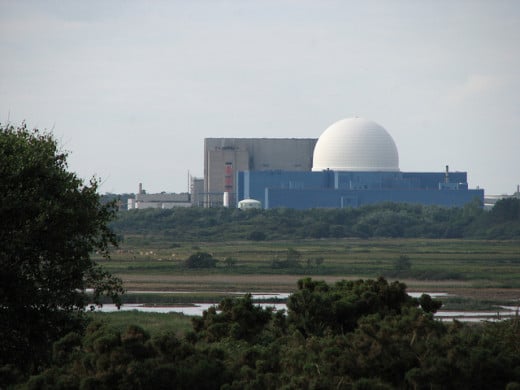
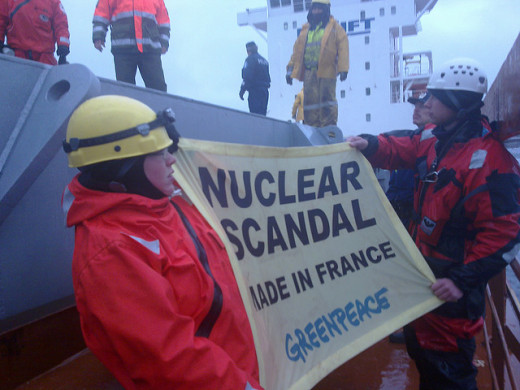
Mindfulness and the use of electricity.
The other big issue is our over-reliance on electricity.
Most parents will be aware of the every-light-in-the-house-on syndrome. It's the time when you can't wait for the kids to grow up and have the reality of their own electricity bills. It's the time when inexplicably they turn the light on when they go into the bathroom in broad daylight. Or when they insist on sitting with the light on and the curtains closed during the day as if they have some sort of troglodyte complex.
It is most certainly true that most of us squander our hard-won electricity with little regard for how it is produced but what happens when all the oil, natural gas and coal is gone?
To date our dabblings with wind and wave power have so far produced only a very small proportion of the electricity we use. Do we really want to continue to turn to nuclear generated electricity with all its apocalyptic overtones?
Using mindfulness to avert the spectre of possible nuclear disaster?
What would happen if every new power station had to be nuclear to satisfy our constant demands for more and more electricity? How would we deal with the enormous amounts of dangerous waste that would be produced by so many nuclear reactors?
What if something went wrong with one or more of them - the ones built near fault lines or in areas of popular unrest? How could we live with the constant possibility of the nuclear armageddon hinted at by Chernobyl, Three Mile Island and Fukishima?
Doubtless, better minds than mine will be pondering those issues at this very moment. All I, and others like me, can do is to keep on reiterating the well-worn idea of using what we have already but learning to do it more mindfully in the hope that it becomes an inbuilt habit of conservation.
The modern importance of the discipline of mindfulness.
Now, more than ever, we need to be constantly aware of the fact that we are using finite planetary resources. We need not only to use less of them but we must also use them with much more deliberation and to greater effect. We must use them mindfully.
It is a sobering thought to realise that the need for mindfulness is now perhaps more important than it ever was in the Buddha's day.






